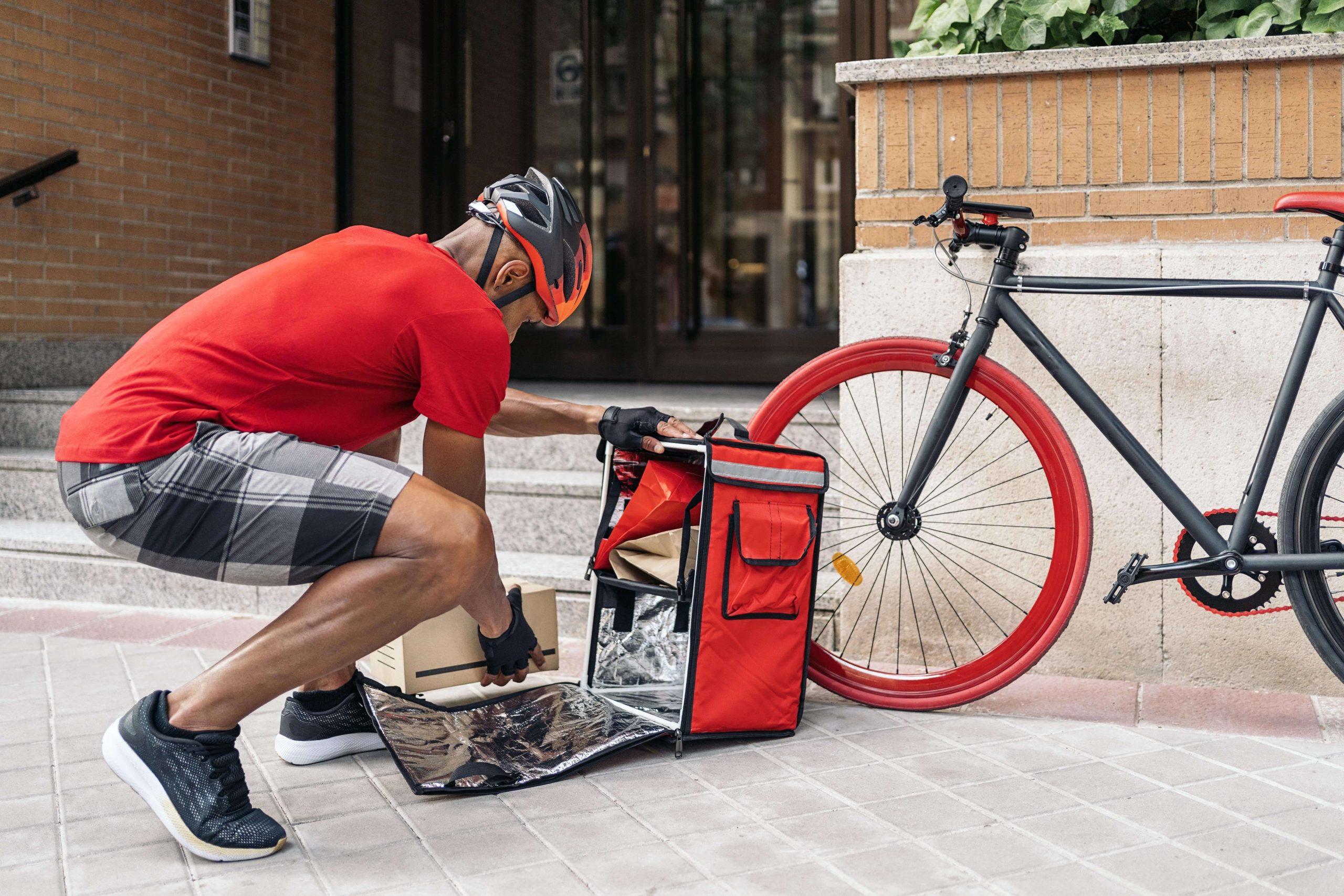You have already started using the online delivery system but the number of customers doesn’t seem to increase? That is sad. But have you thought about why this is happening?
Well, to begin with…don’t panic….It is absolutely okay to make mistakes. Never forget failures are the stepping stones to success. So, if your restaurant still does not have the kind of ROI you have been expecting through the online food delivery system, here’s what you need to understand.
It is a given that the world is recently switching to the digital form of things. Therefore, we cannot blame ourselves that we are still making mistakes in dealing with things digitally. Hence, even in the restaurant industry, we seem to be still going through our teething phase. Especially when it comes to online deliveries. Even though we have very quickly adapted to this new system of reaching our food to the customers, yet there are several loopholes in our process that have detrimental effects on our ROI.
The inclusion of digitization has led to the ease of access for everyone, be it you as a restaurant owner, who can now easily reach out to a greater customer base; or the customer who can enjoy the delicacies of their favorite restaurants in the comfort of their homes. Online food delivery has now become an integral part of the restaurant industry. However, nothing comes without its challenges. But it is our ability to face and defeat those challenges that help us emerge as winners. Please note – a problem can only be solved by being aware of it in the first place. So, let’s dive into finding out the problem areas of this technological blessing.
The Errors and their Solutions
Your order is inaccurate or incomplete: This is one of the most common errors in the online ordering process, mostly triggered by miscommunication. The other reasons this can happen are overlooking of items in an order or too much haste in the preparation of the order. This is a disastrous mistake to make! Its immediate effect will be dissatisfaction among customers and an ensuing loss of customers. To avoid this, restaurants should implement strict order verification processes, train staff to double-check orders, and use clear labeling.
Gleeca, the potentially capable restaurant management system helps to nip this problem in the bud. The KOT or kitchen order ticket system helps streamline the process clearly, thereby avoiding miscommunications. Regular communication between the kitchen and delivery personnel is crucial to ensure accurate order fulfillment.
Your orders are reaching the customers late: Delay in deliveries immediately activates the wrath of customers. Every customer wants their food delivered on time. What will you do in such a situation?
Effective and efficient routing and scheduling systems should be put to use in the process. That will help speed up the process and deliver food on time. Try to keep your goals realistic; it is better not to set expectations that cannot be fulfilled. That is to say, your time estimates given to customers should be accurate so they do not keep any unrealistic hopes. Also, in case the delivery exceeds the estimated time, prompt communication with the customer should be carried out to soothe them while they wait for their food. Regular evaluation and optimization of the delivery processes can help minimize delays and ensure timely deliveries.
Your packaging and presentation are not up to the mark: As online food delivery is becoming a common practice, restaurant owners are witnessing a surge in the number of orders. Delivering food on time is not good enough; you must ensure that the food reaches the customer in a consumable state. And for that, proper packaging is an absolute mandate. Your food must meet hygiene standards as well as be presentable to the customer under all circumstances. If in case a delivery person encounters some mishap on the way to delivery and the food packaging gets spoilt, the food cannot be given to the customer. It is a loss for both the restaurant as well as the delivery boy, as the restaurant will deduct the cost of that food from their wages. Added to that will be the pain of facing the anger of the customer due to delayed delivery.

The best way to avoid such confusion and chaos is to spend a little extra on good-quality packaging and presentation so that the online food delivery process can function smoothly. Double check the seals and covers before leaving for the delivery. The material of the container and the necessary cutlery such as spoons or forks and tissue paper should be checked as well. This has a very positive impact on the customer and paves the path for customer retention as well as good ratings and reviews.
Your food quality is not the same always: If you fail to keep the standard of your main ingredient, how can you make a good dish? Similarly, to run a restaurant successfully and scale up your business, the first thing that you must have in place is good food. One thing you must remember as a restaurant owner is your restaurant is only as good as your food.
It is true, maintaining consistent food quality in online deliveries can be challenging. Variations may occur due to factors like preparation time, transportation, and handling. Restaurants should thus focus on streamlining their processes to minimize variations. Implementing quality control measures, such as taste tests and monitoring feedback, allows for continuous improvement. Proper training of kitchen staff and ensuring standardization of recipes contribute to consistent and high-quality food delivery.
Your communication system is not up to the mark: Effective communication is the key to all successful restaurant businesses. It is pertinent to have a proper and clear communication system between the restaurant, delivery personnel, and customers for a seamless experience. Miscommunication is a big-time spoiler. If not communicated properly, changes in orders, address details, or special requests can lead to errors. Restaurants should thus, establish clear channels of communication and ensure that all parties are well-informed. Just as Gleeca ensures whether an order has reached the particular customer or not with the help of ‘handover tracking’. This system allows you as a restaurant owner, to ascertain whether the correct parcel has left the premises or not.
Technology such as real-time order tracking and automated notifications can enhance communication and keep customers informed about their order status. This becomes extremely easy with the inclusion of restaurant management systems such as Gleeca. With Gleeca on board, you can streamline all the restaurant processes easily and help scale your business in a very short time.
Your system lacks customer care: Every customer wants attention when they are in a problem. Hence, you must establish a proper and systematic approach to be accessible to every customer at all times of operations. A lack of accessible customer support can accelerate customer dissatisfaction when issues arise. Proper customer support channels, such as phone lines, chatbots, or email, to address any concerns promptly ought to be a part of your process. Having a dedicated team to handle customer inquiries, complaints, or order issues demonstrates a commitment to excellent customer service.
So, I hope that you have become aware of the common errors in online food delivery. Now all you have to do is keep such discrepancies out of your process as far as possible. This will help provide a positive customer experience. By prioritizing accuracy, efficiency, quality, and effective communication, restaurants can remove errors. You can also build customer loyalty, ensuring a seamless and enjoyable online food delivery service that aids in customer retention.








